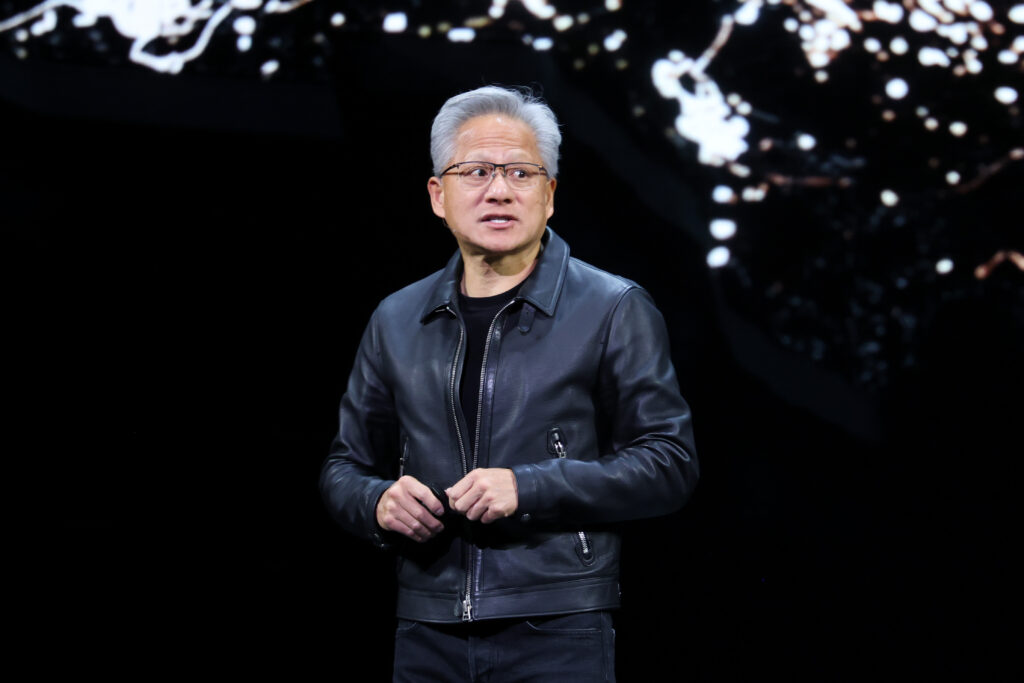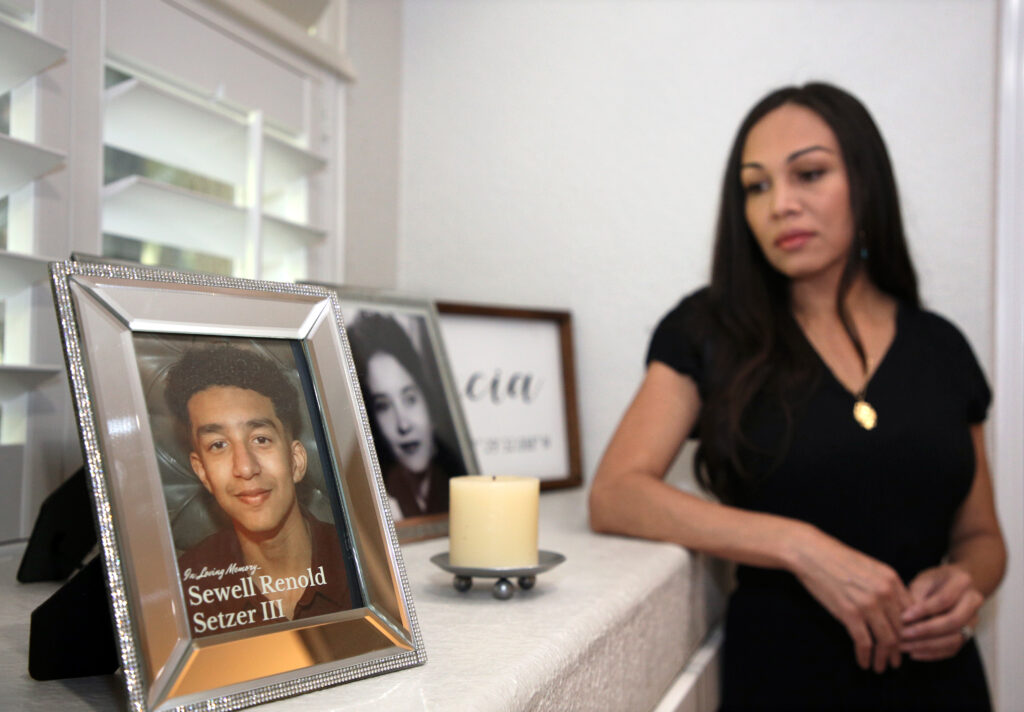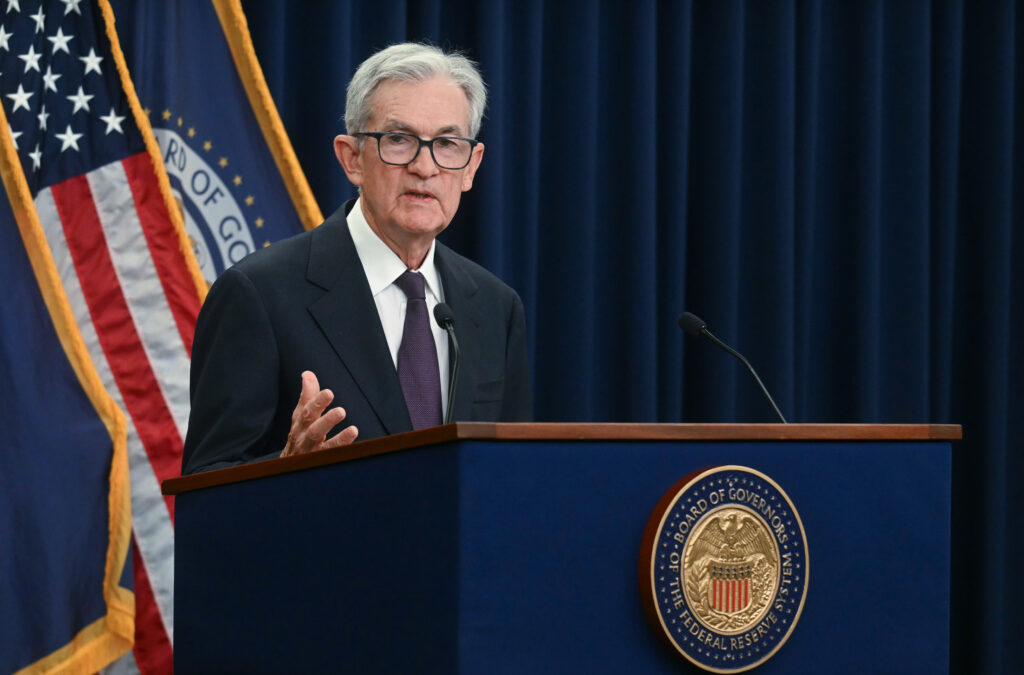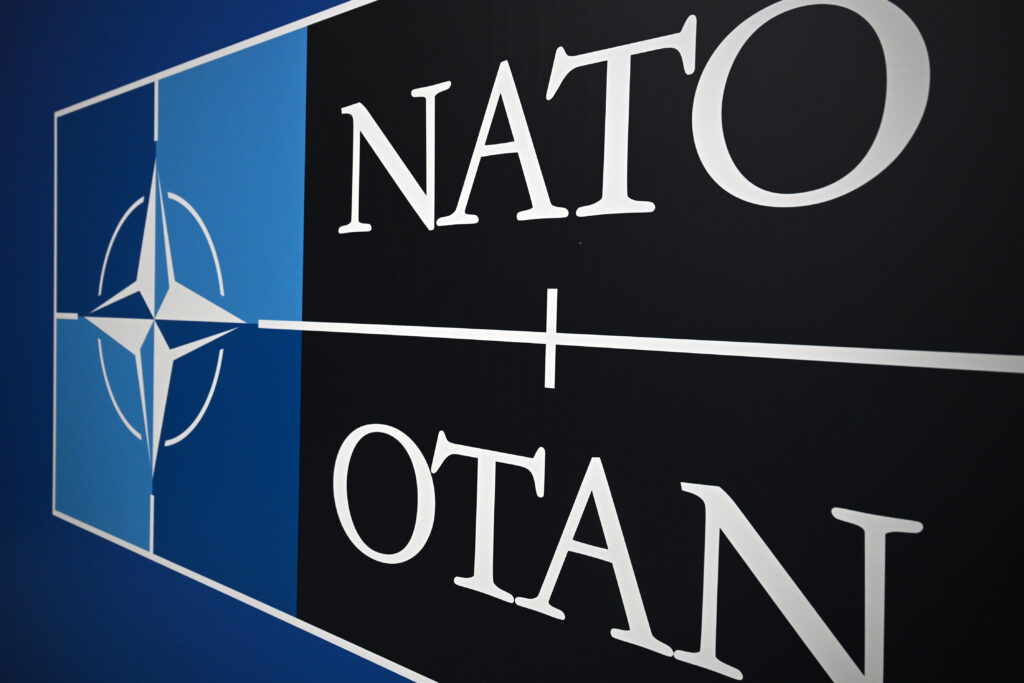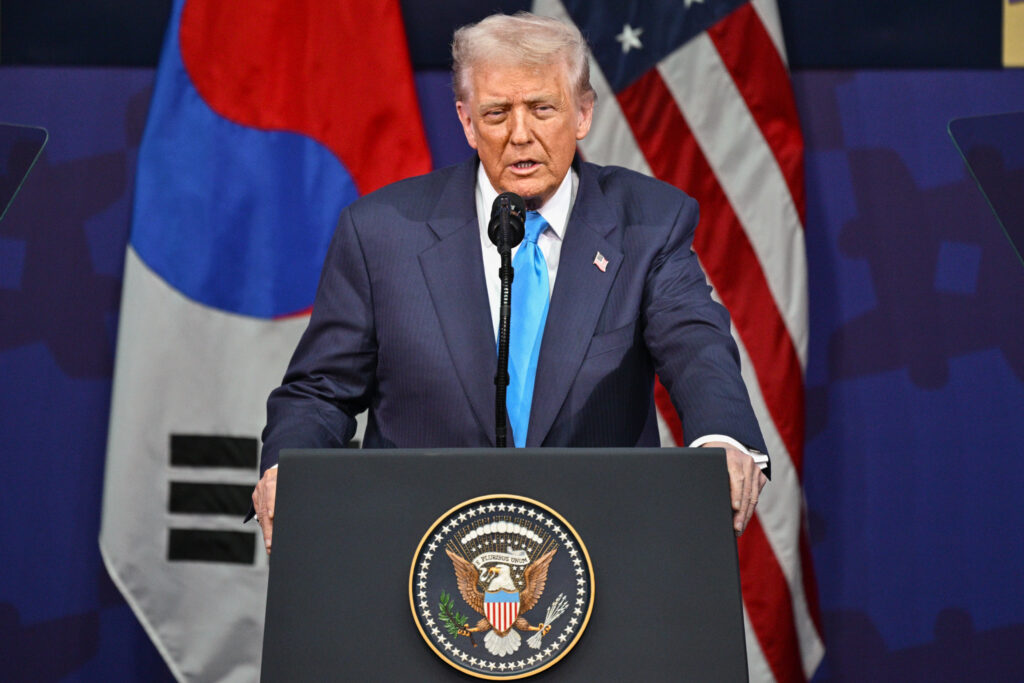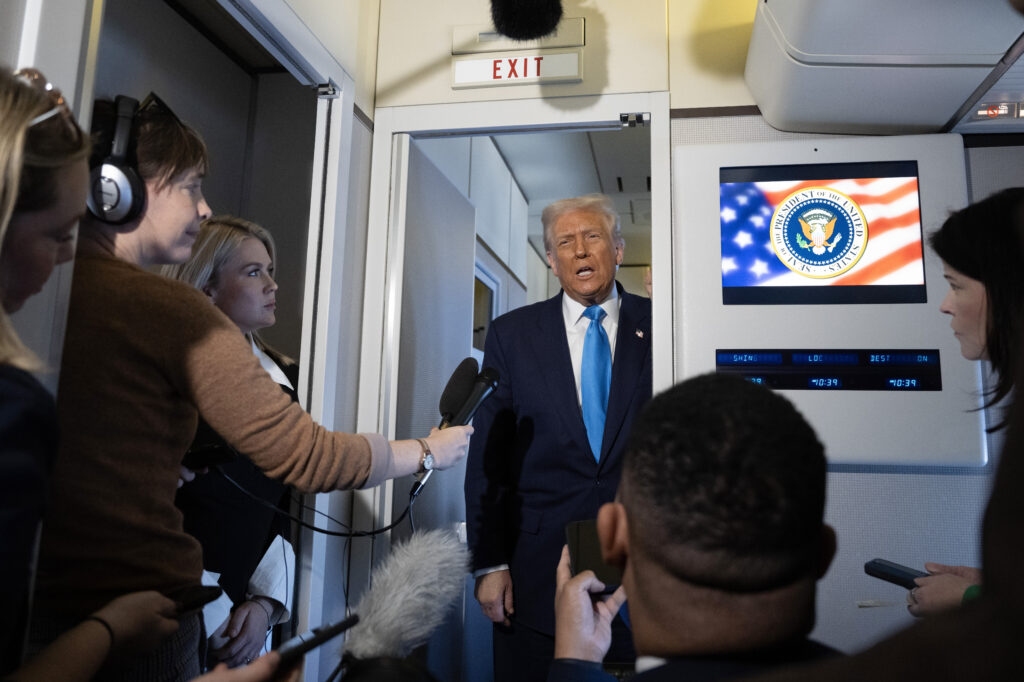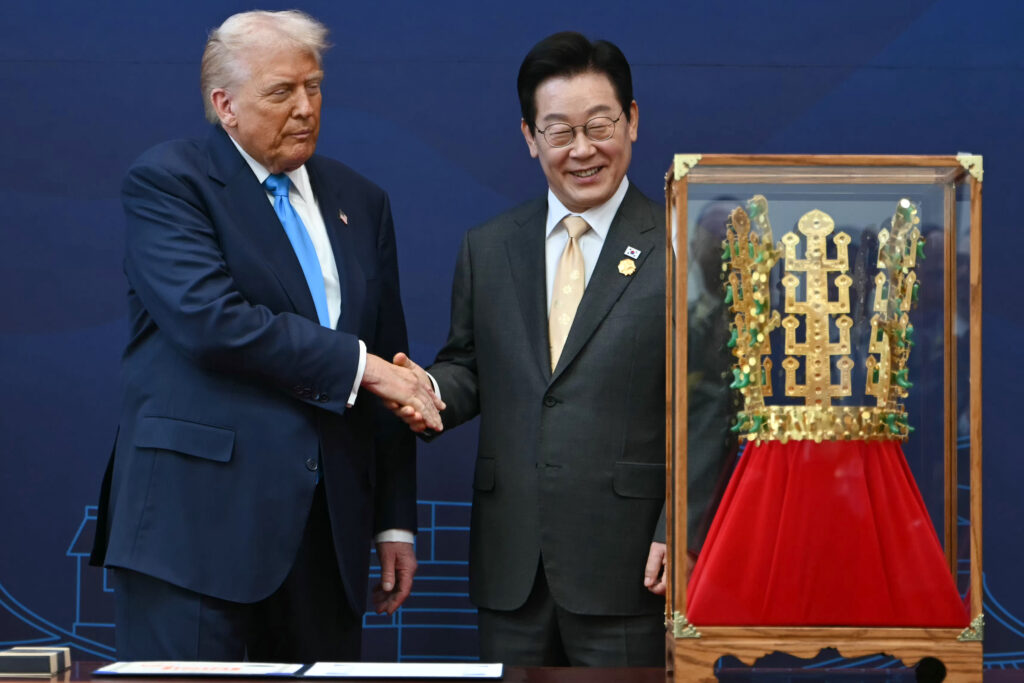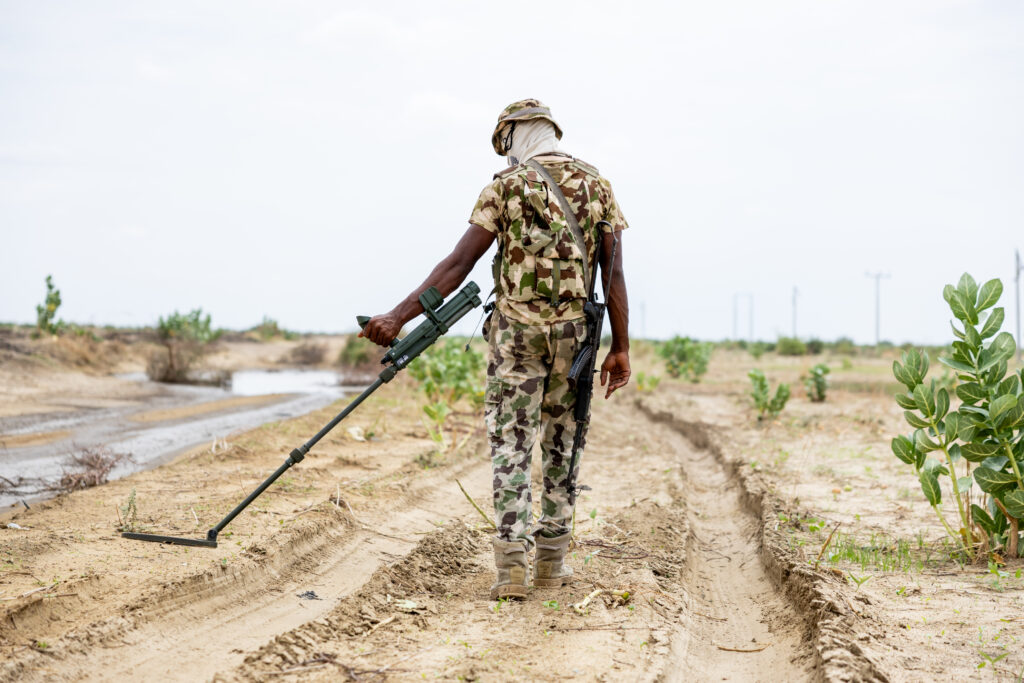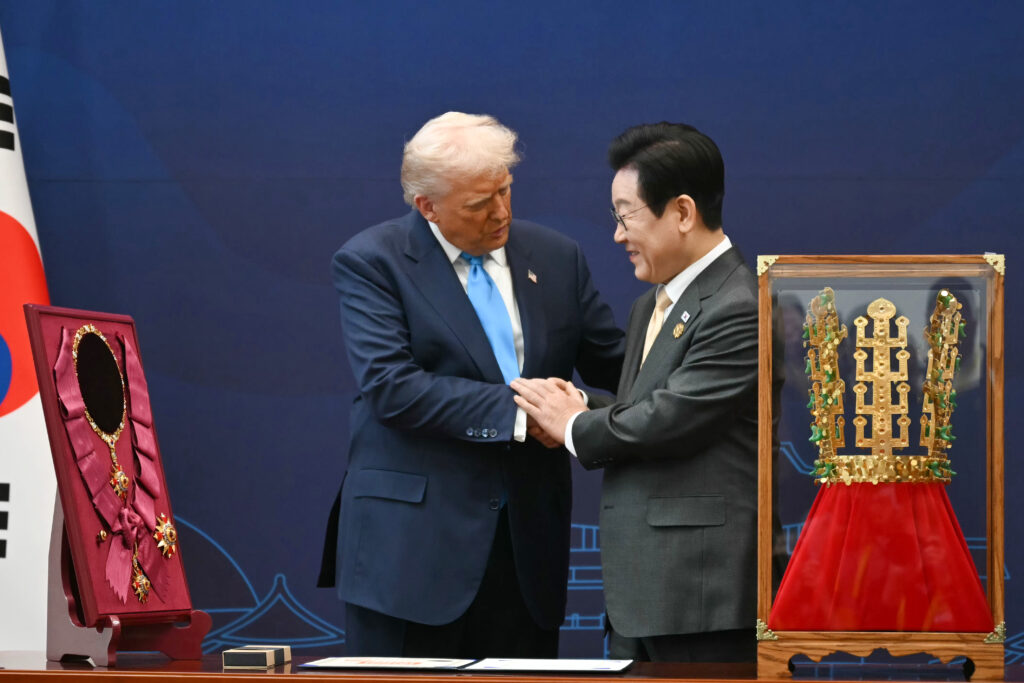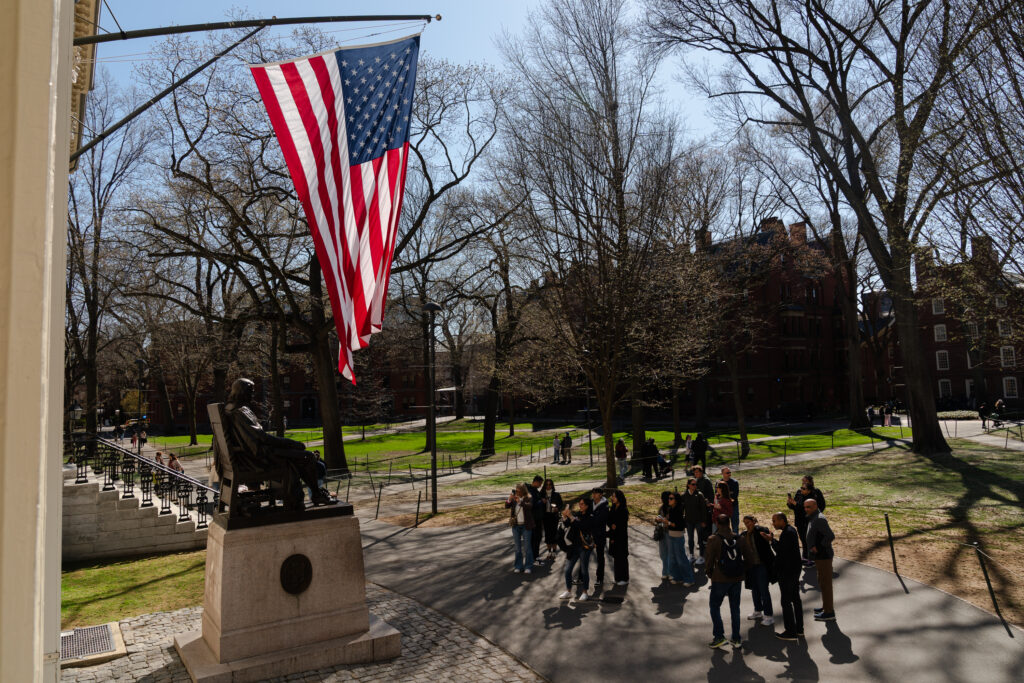AI chip giant Nvidia becomes world’s first $5 trillion company
AI chip juggernaut Nvidia became the world’s first $5 trillion company on Wednesday, as investors remain confident that artificial intelligence will deliver a new wave of innovation and growth.The California-based tech giant saw its share price rise by 4.91 percent to $210.90 at the open of trading on Wall Street, pushing Nvidia’s market capitalization past the never-before-seen threshold.By way of comparison, the level was greater than the GDP of France or Germany or higher than that of Tesla, Meta (Facebook), and Netflix combined.Microsoft and Apple, the two other largest global market capitalizations, only just exceed $4 trillion in valuation each.The surge in Nvidia’s share price follows continued strong sales, a flurry of new deals — including a partnership with Europe’s Nokia announced on Tuesday — as well as expectations that the company may soon regain access to China.The company is “largely ahead of any competitor who finds it hard to catch up in the world that Nvidia lives in,” Art Hogan of B. Riley Wealth Management told AFP.”While it’s almost unfathomable to think about a company reaching this milestone, it comes from a company with so many operational efficiencies that seems to announce massive deals on a daily or weekly basis.”Nvidia CEO Jensen Huang is expected in South Korea this week, where he will attend the sidelines of the APEC summit at which US President Donald Trump will meet his Chinese counterpart Xi Jinping, with issues related to AI development expected to be discussed.Nvidia chips are currently not sold in China due to a combination of Chinese government bans, national security concerns, and ongoing trade tensions between the United States and China.The Trump administration favors a more nuanced approach to selling AI chips to Beijing, but faces deep skepticism from China hawks across the US political spectrum who favor tougher bans on AI technology.Nvidia has announced a series of partnerships in recent weeks, including an intention to invest up to $100 billion in ChatGPT-maker OpenAI over the coming years.It also said it would invest $5 billion in struggling chip rival Intel, in response to the Trump administration’s desire to bring back more manufacturing of semiconductors to the United States.- ‘Better, not worse’ -Nvidia produces the advanced graphics processing units (GPUs) that power most generative AI systems, including those behind ChatGPT and other large language models.Although it was not the first to develop GPUs, the California-based group made them its specialty in the late 1990s, quickly pivoting from video games to the then-emerging field of cloud computing, and thus has unique experience in the area.The eyewatering valuations linked to artificial intelligence also include OpenAI becoming the world’s most valuable private company, currently valued at $500 billion.This has sparked talk that the AI frenzy may have entered bubble territory, reminiscent of the 1990s internet investment boom that saw a major reckoning in 2000, when high-flying companies saw their share prices collapse suddenly.Analyst Sam Stovall of CFRA, a research firm, said Nvidia’s expected growth was still very strong and that investors should expect news surrounding the company “will only get better, not worse.”Still, “valuations are elevated… and could therefore be vulnerable to any upsetting news,” he added.
